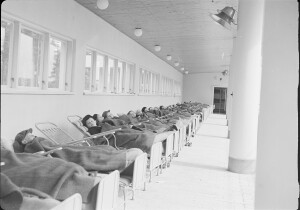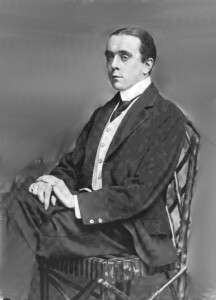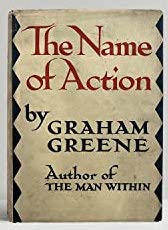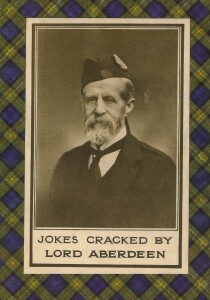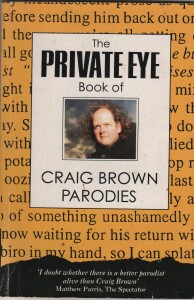 Around 2002 I was interviewing celebs on their book collection for Book and Magazine Collector while also researching the life of acclaimed poet and critic Geoffrey Grigson. One day I read an interview with the famous parodist Craig Brown, whose brilliant contributions to Private Eye had always had me in stitches. Judging from the interview, Brown’s library was dominated by biographies and especially memoirs of living figures in all fields, but with an emphasis on show biz. Interviewing him, I felt, would be a change from talking to rather dour politicians and academics on their first editions. And so it turned out.
Around 2002 I was interviewing celebs on their book collection for Book and Magazine Collector while also researching the life of acclaimed poet and critic Geoffrey Grigson. One day I read an interview with the famous parodist Craig Brown, whose brilliant contributions to Private Eye had always had me in stitches. Judging from the interview, Brown’s library was dominated by biographies and especially memoirs of living figures in all fields, but with an emphasis on show biz. Interviewing him, I felt, would be a change from talking to rather dour politicians and academics on their first editions. And so it turned out.
I discovered that at the time he lived in north Wilts, but when I saw the address I gasped. ‘Broad Town Farmhouse ‘,I read, open mouthed. He only lived in the house that Geoffrey Grigson had bought back in 1945 and where he had died forty years later. I knew that house; I had met Grigson on his death bed in October 1985, just a few weeks before he had died ( see earlier ‘ The Day I Met ‘ on Jane Grigson).
I seemed to remember that I got to Broad Town around midday by bus from Swindon. Brown greeted me and looked exactly like the photographs of him —a huge head atop a slim, slight frame. A fitting look for a mischievous gnome of a satirist. When we began to explore his collection he told me that it was not composed of rare tomes bound in leather, but was essentially a working library of mainly twentieth century books that he constantly turned to for inspiration when assembling his parodies. He revealed that his ‘ Diary ‘ pieces for Private Eyewere built around actual quotations from the memoirs of celebs to which he added his own parodic take on their writing style and the personalities they projected in the media. It was obviously a winning formula for such a topical magazine as Private Eye. Perhaps I should have asked him if he was also drawn to parodying authors from the past—literary figures especially—but somehow it seemed churlish to question whether he was equally adept at ridiculing Wordsworth or Dr Johnson.
Brown’s shelves certainly groaned with memoirs—of current novelist, poets, actors, footballers, TV stars and politicians—but he was also proud of his small collection of self-help books, including titles on cookery by celebs, and works on etiquette. He was particularly fond of a guide to proper conduct which provided advice on what to do if one of your dinner guests dropped dead at the table. Continue reading

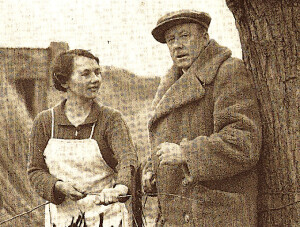
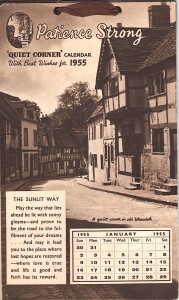 Found amongst a pile of books at Jot HQ, the pocket-sized ‘Patience Strong ‘Quiet Corner ‘calendar for 1955 with its sepia photographs of ‘ picturesque ‘ spots in England. We had almost forgotten that publishers still used sepia photographs as late as this, but then remembered the lifeless and dispiriting photographs of landscapes and empty streets in Arthur Mee’s ‘King’s England’ series of county guide books. No wonder the county guides published by Shell from 1934 were regarded as such a welcome change from these dreary volumes. Mee’s totally predictable descriptions of towns and villages in each county were matched by Strong’s trite and cliché-ridden verse formatted as prose in her calendar and exemplified in ‘ The Sunlit Way ‘which accompanied a traffic-free photo of a ‘ quiet corner of old Warwick ‘ on the page for January 1955.
Found amongst a pile of books at Jot HQ, the pocket-sized ‘Patience Strong ‘Quiet Corner ‘calendar for 1955 with its sepia photographs of ‘ picturesque ‘ spots in England. We had almost forgotten that publishers still used sepia photographs as late as this, but then remembered the lifeless and dispiriting photographs of landscapes and empty streets in Arthur Mee’s ‘King’s England’ series of county guide books. No wonder the county guides published by Shell from 1934 were regarded as such a welcome change from these dreary volumes. Mee’s totally predictable descriptions of towns and villages in each county were matched by Strong’s trite and cliché-ridden verse formatted as prose in her calendar and exemplified in ‘ The Sunlit Way ‘which accompanied a traffic-free photo of a ‘ quiet corner of old Warwick ‘ on the page for January 1955.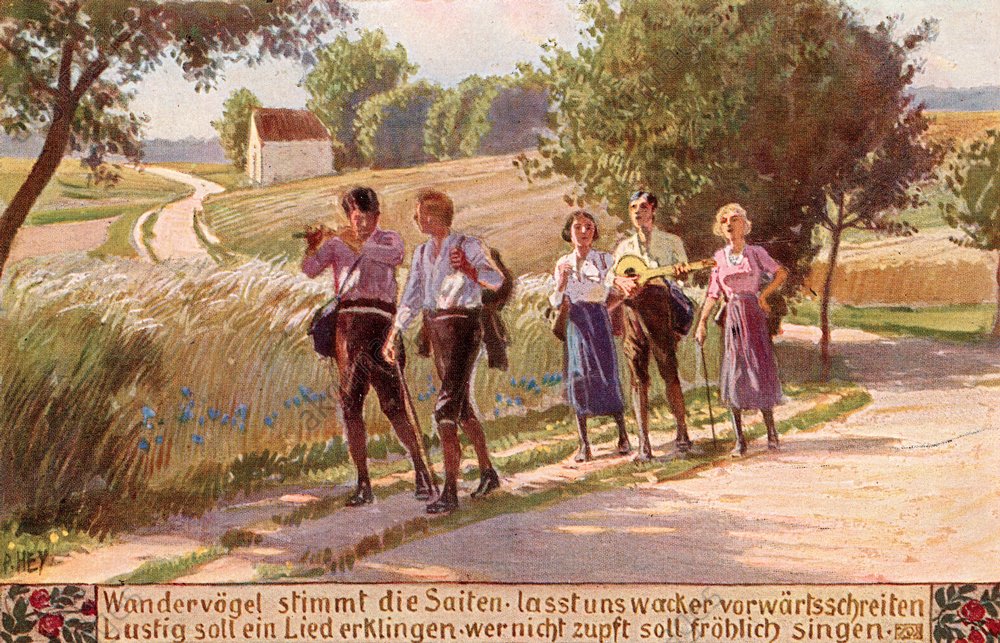
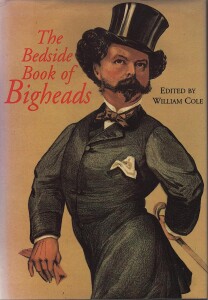
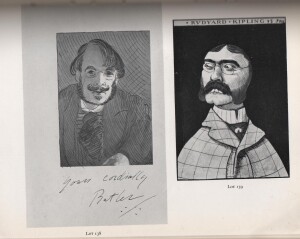

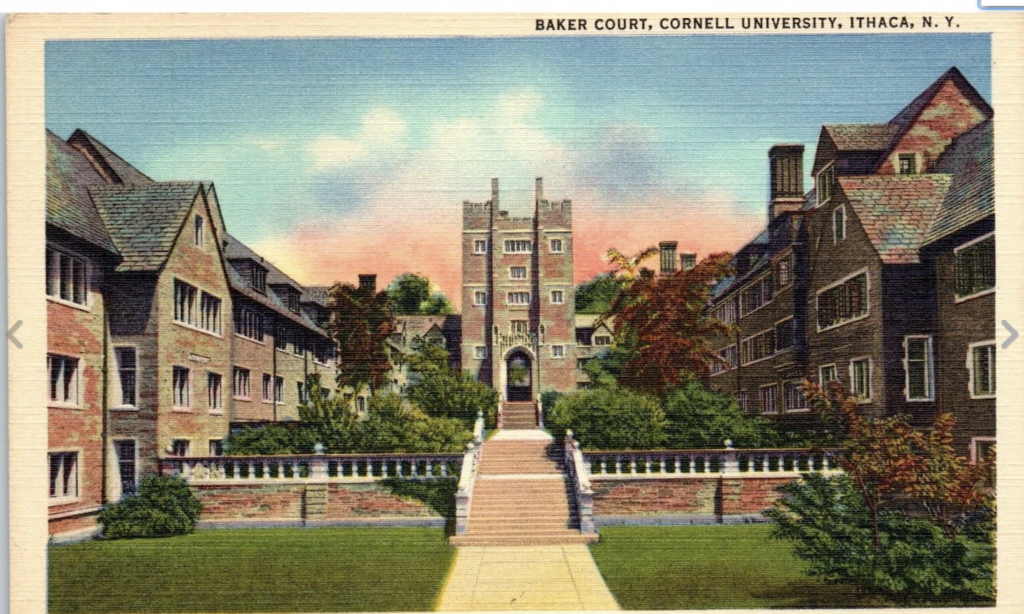
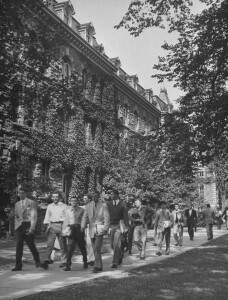

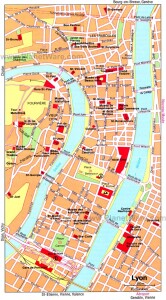
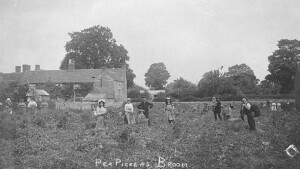
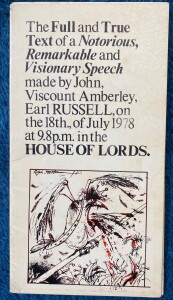 Open Head Press about 1980 at 50p. It came from the estate of the Dutch radical Simon Vinkenoog whose birthday (18th July) was the same day as this revolutionary (not to say crazy) speech was given. It has the full text of Earl Russell’s 1978 maiden speech to the House of Lords.
Open Head Press about 1980 at 50p. It came from the estate of the Dutch radical Simon Vinkenoog whose birthday (18th July) was the same day as this revolutionary (not to say crazy) speech was given. It has the full text of Earl Russell’s 1978 maiden speech to the House of Lords. 